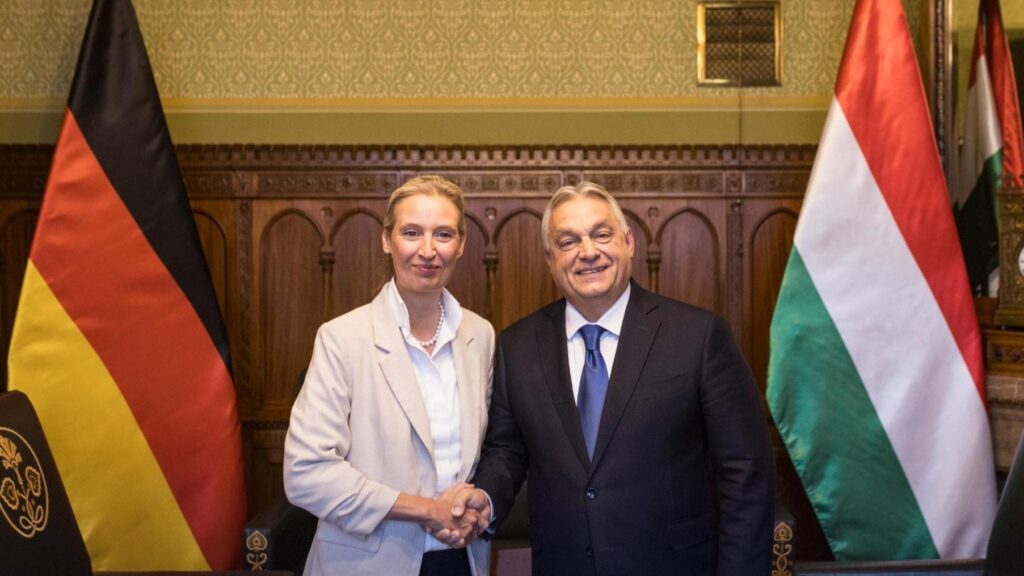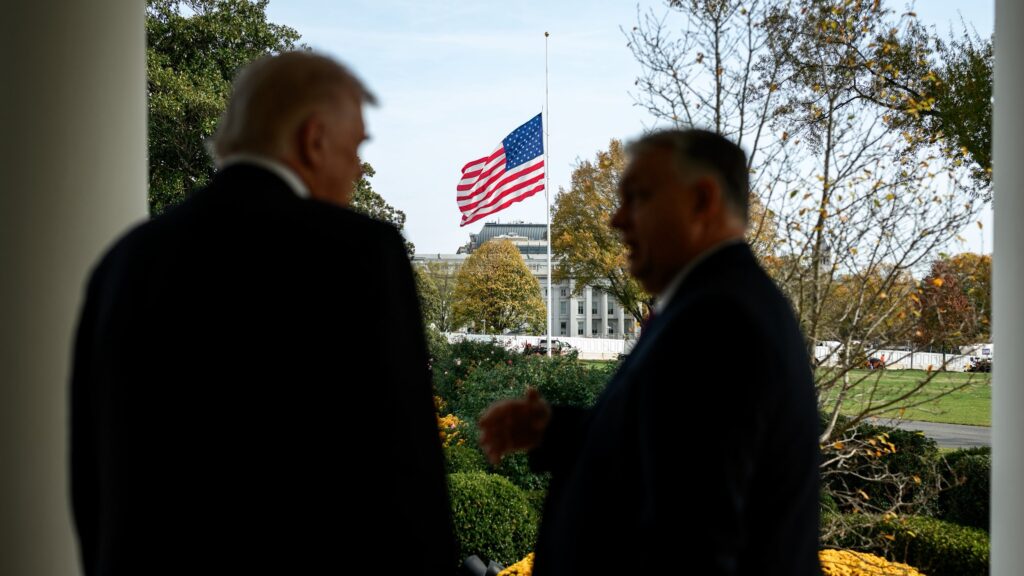In recent years, the Republic of Uzbekistan has been consistently expanding its foreign economic ties with European countries, and Hungary is playing an increasingly significant role in this process. The elevation of relations to the level of strategic partnership, the intensification of bilateral dialogue, as well as the growth of investment activity by Hungarian companies in Uzbekistan demonstrate the high potential for cooperation between the two countries.
The Economic Potential of Hungary
Hungary is located in the heart of Central Europe and borders with several key countries in the region, such as Austria, Slovakia, Ukraine, and Romania. In 2024, the country’s GDP reached $221.9 billion, which amounts to $23,100 per capita. The structure of the economy is characterized by the dominant share of the service sector (64.8 per cent), followed by industry (31.3 per cent) and agriculture (3.9 per cent). The leading industrial sectors remain mechanical engineering (including automotive and shipbuilding), metallurgy, chemical and pharmaceutical industries, as well as food and light industries.
Hungary’s foreign trade volume in 2024 amounted to $480 billion. The structure of Hungary’s imports shows significant demand for products in which Uzbekistan can offer competitive solutions—textiles, leather goods, chemical and pharmaceutical industry products.
Political Dialogue and Institutional Framework for Cooperation
The foundation of bilateral cooperation is a comprehensive legal framework, including 64 documents covering a wide range of areas—from trade and investment to scientific and technical cooperation and education. Among the key agreements are the Agreement on Trade and Economic Relations (1992), the Agreement on the Protection of Investments (2002), and the Agreement on the Avoidance of Double Taxation (2008).
Active dialogue at the highest level has become an important factor in deepening ties between the countries. The visit of Hungarian Prime Minister Viktor Orbán to Uzbekistan in 2021, followed by the visit of Uzbek President Shavkat Mirziyoyev to Hungary in 2022, marked a new stage in bilateral relations—their strategic institutionalization. As a result of these visits, dozens of agreements were signed, including declarations on the development of strategic partnership.
In addition, the Intergovernmental Commission on Economic Cooperation, which has been operating since 2013, plays an important role. The Commission’s recent meetings (8th and 9th) held in Budapest and Tashkent respectively, as well as the planned 10th meeting in July 2025, underscore the systematic nature of bilateral cooperation.
Trade and Investment Cooperation
The basis of trade and economic relations is the most favoured nation regime established by the Partnership and Cooperation Agreement between Uzbekistan and the EU.
The investment direction is of particular interest within the framework of Uzbek–Hungarian relations. As of 1 April 2025, 17 enterprises with Hungarian capital participation operate in Uzbekistan, including ten joint ventures and seven with 100 per cent foreign ownership.
Among the most significant projects are the creation of poultry clusters in the Syrdarya region, the privatization of Ipoteka-bank by the Hungarian OTP bank, pharmaceuticals, the localization of auto component production with Joyson Safety Systems, and others.
Prospects and Recommendations
Hungary views Uzbekistan as an important partner in Central Asia, while Tashkent, in turn, sees Hungary as a potential ‘entry point’ into the EU economic space. Key drivers of future growth could include the development of production and logistics chains in pharmaceuticals and agriculture, as well as the promotion of Uzbek textiles, agricultural goods, and other products in the Hungarian market.
To address the imbalance in bilateral trade, measures are needed to boost Uzbekistan’s exports, including the promotion of export-oriented clusters, the development of quality standards, and the certification of products for the European market.
Over the recent years Uzbekistan and Hungary have evolved from partners in individual projects to strategic allies interested in multi-level and long-term cooperation. If the current dynamics is maintained and the planned initiatives are realized, bilateral relations can reach a qualitatively new level, providing mutually beneficial conditions for economic growth and sustainable development.
Related articles:







